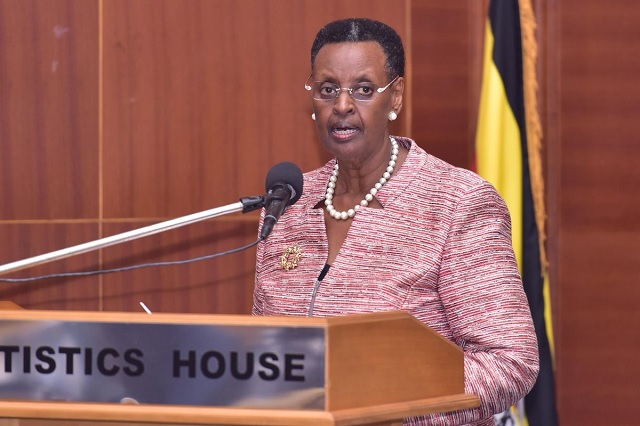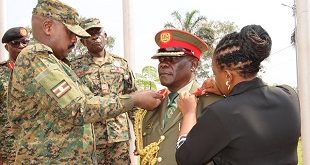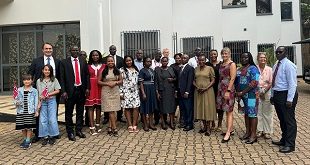
Kampala, Uganda | THE INDEPENDENT | The Ministry of Education is set to meet the episcopal conference to iron out differences on the proposed sexuality education framework.
The framework has five themes distributed across age groups from early childhood (3 – 5 years), lower primary (6 -9), upper primary (10 – 12), secondary (13 – 16) and tertiary education (17 and above) with each theme specifying what they will be learning from sexuality and human development, sexual and reproductive health.
Sexuality education was supposed to kick off in schools as soon as a sexuality framework to guide implementation was launched by the First Lady Janet Museveni in May last year. But, a year later, the implementation hangs in balance, as several groups including the Catholic Church came out to criticize it as inappropriate.
According to the framework, for instance, children in pre-primary should be learning to follow instructions and knowing themselves, whereby in the section of anatomy learners are taught the difference between boys and girls. But, the Church says in a religious and value-based society like Uganda, children of this age don’t need to know the differences in the creation of boys and girls.
Ismail Mulindwa, the Director of Basic Education in the Ministry of Education told URN this morning that the dissenting sides would have a sense of direction on the framework by June 20.
“Before launching the framework we made a lot of consultations with many stakeholders including the church. We were surprised when they started raising disagreements afterwards. Then we started another round of engagements”, he said the point of contention with religious leaders is with the materials they are planning to teach children of age group 3 to 5 who are categorized as pre-primary.
Mulindwa says views of religious groups are vital to the success of the framework for they run up to 90 per cent of the schools. Lack of their involvement, he says, can cause a big backlash. It’s after they have agreed with the Church that they will embark on the implementation plan, according to Mulindwa.
At the Naguru Teenage Center, Director Dennis Bukenya says that while the framework is being touted for being value-based than rights-based, the confusion that came with it shows the country has no values. To him, the delay in operationalizing the framework alone is putting the country at more risk of exposure to disastrous information since there is no guiding principle on what should or shouldn’t be taught.
“There is a lot of confusion. the curriculum development centre is releasing a new curriculum but there is nothing like the issues raised in the framework. They didn’t put sexuality education into consideration”, he says.
Alice Kayongo, an official with Uganda Cares wonders whether the government is treating the issue of sexuality education in schools with the urgency it deserves.
For her, the release of the 2016 Uganda Population-based HIV Impact Assessment results with increasing HIV infection among the age group 15 to 24 shows the need for aggressively creating awareness. However, she adds that there is no way awareness can penetrate schools without a framework and education.
*****
URN
 The Independent Uganda: You get the Truth we Pay the Price
The Independent Uganda: You get the Truth we Pay the Price


